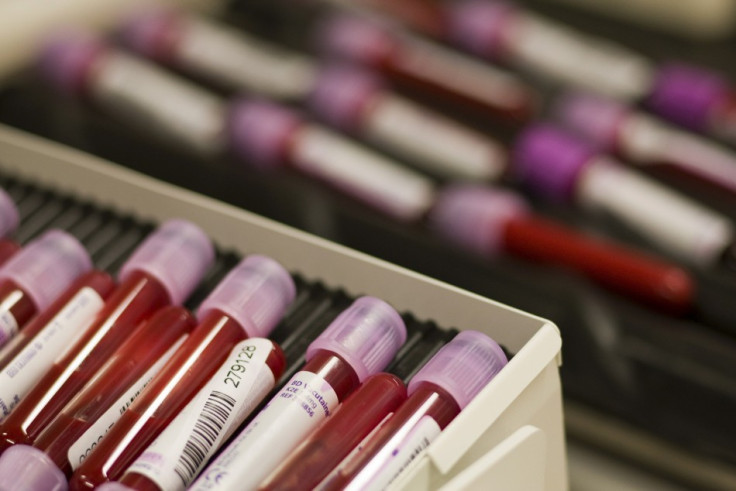Why British MPs are urging doctors to conduct more blood cancer tests
"General awareness among the public, health professionals and policymakers is very low, and we must work together to change this."

Doctors in the UK have been urged by MPs to offer frequent blood tests to people who come to them with one or more symptoms of blood cancer.
A report by the All Party Parliamentary Group on Blood Cancer, which was set up in June 2016, states that general practitioners (GPs) should routinely conduct the test for the disease which also has many variations including leukaemia, lymphoma and myeloma.
According to the report, even though blood cancer is the fifth most common cancer in the UK, it does not get detected easily due to its vague symptoms, Sky News reported.
The symptoms of blood cancer include tiredness, bruising, backache, night sweats and weight loss. Most doctors treat these symptoms as other health problems such as flu.
The group's chair, Conservative MP Henry Smith, said: "I have witnessed the terrible effects of blood cancer first hand, but general awareness among the public, health professionals and policymakers is very low, and we must work together to change this. Delays in diagnosis can have a severe impact on an individual's chance of survival."
Smith's mother had died from acute myeloid leukaemia in 2012.
According to the GPs, they agree that there is lack of knowledge about blood cancer among the public. They also said that they are already under immense pressure and require more resources, Sky News reported.
Professor Helen Stokes-Lampard, Chair of the Royal College of General Practitioners said, "We need greater awareness generally of blood cancer as a condition.
"But they also suggest that GPs should be doing far more testing, and that's not necessarily an evidence-based suggestion. And it doesn't really take into consideration the difficulty that general practice is facing at the moment.
"We have an under-resourced general practice, we are very short staffed, we are short of GPs and nurses. And also diagnostic tests and imaging are not always as readily available in the community as we would like."
According to Wendy Leigh, who was diagnosed with stage 4b follicular lymphoma in 2011, she was told about her illness after two years and 15 doctor visits.
"I had to insist on some blood tests, I had to insist on some referrals," she told Sky News.
"The fact that it took over two years to finally getting to a referral that was to a gynaecologist – and he then forwarded me on – just shows how frustrating it is."





















